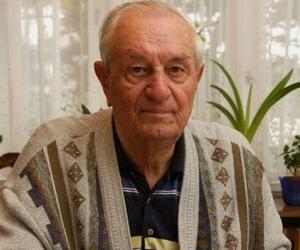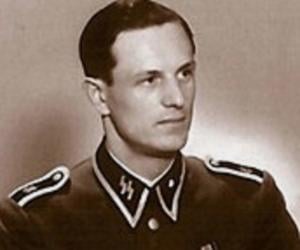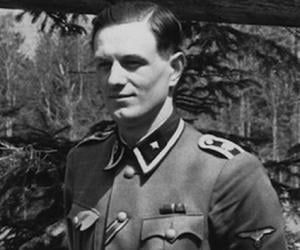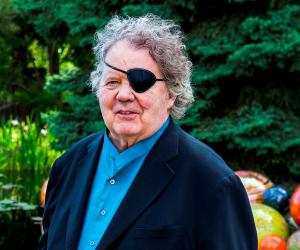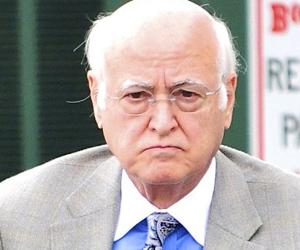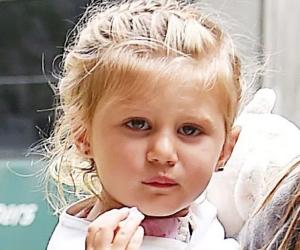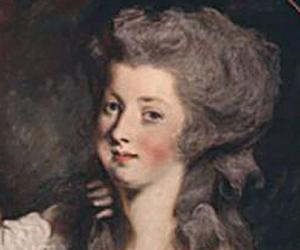Born In: Stare Siołkowice, Poland
Rochus Misch
(Hitler's Bodyguard)
Rochus Misch was a German “Oberscharführer” (senior squad leader) who served in the ‘1st SS Panzer Division Leibstandarte SS Adolf Hitler’ (LSSAH) in ‘Nazi’ Germany. He was severely wounded at the Battle of Modlin, fought during the German invasion of Poland at the outset of the Second World War. Following his recovery, Misch was inducted into the ‘SS-Begleitkommando des Führers,’ later called the “Führerbegleitkommando” (Führer Escort Command, or FBK) where he worked for around 5 years, serving Adolf Hitler as a bodyguard, courier, and telephone operator. Throughout the Second World War, Misch traveled with Hitler as a junior member of the latter’s permanent team of bodyguards. After the defeat of the ‘Wehrmacht’ in the Battle of the Bulge, Misch, along with other personal staff of Hitler, was moved into the air raid shelter known as the ‘Führerbunker.’ Following the death of Hitler, Misch escaped from the shelter but was soon captured by the ‘Red Army.’ He spent 8 years in the Soviet forced labor camps, before being released under an amnesty. Thereafter, Misch ran a painting and wallpaper business until he retired. He created a lot of controversy when he argued that Hitler was not a brute, monster, or superman, but was quite normal and a wonderfully good boss, who was never authoritarian.
6
0
